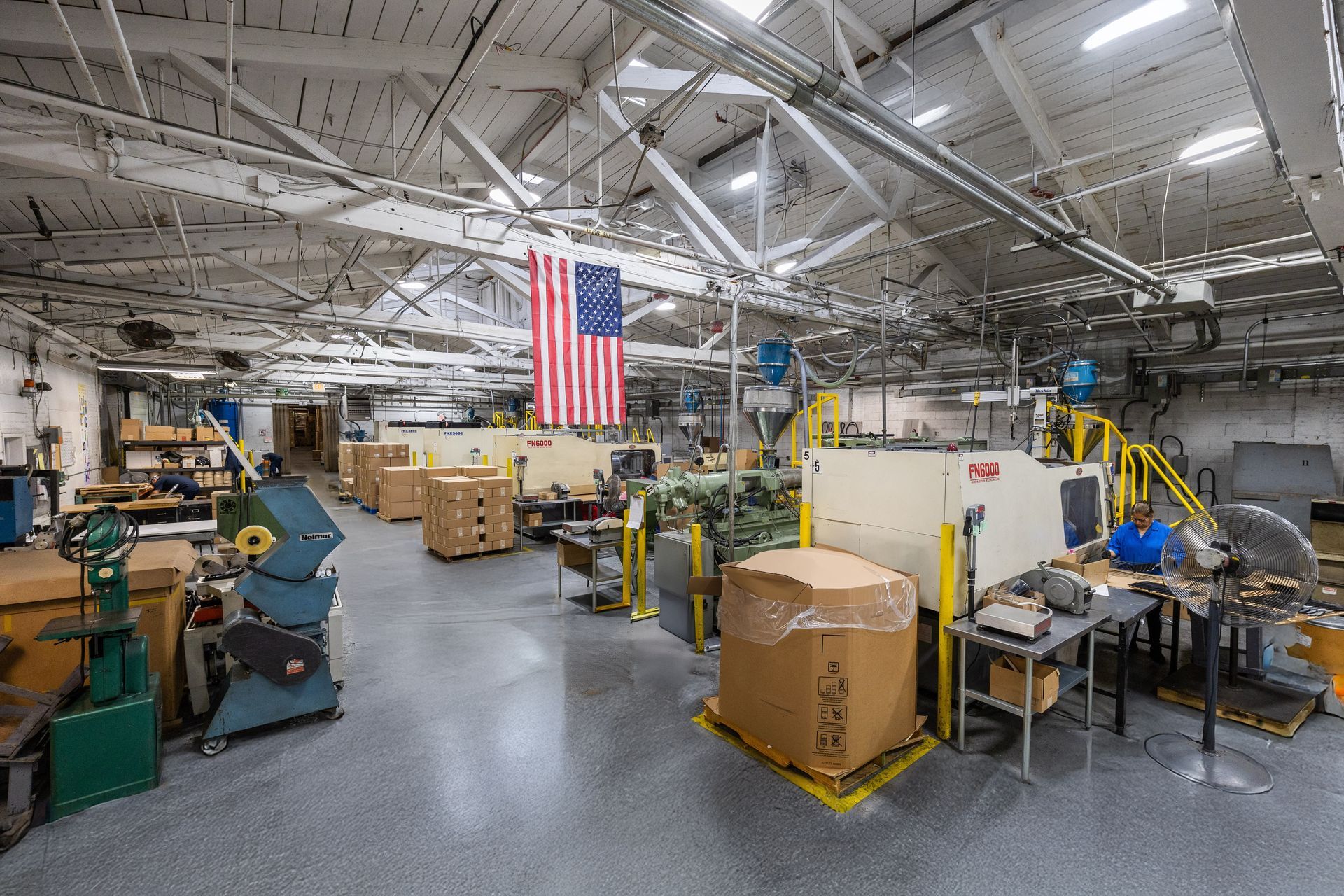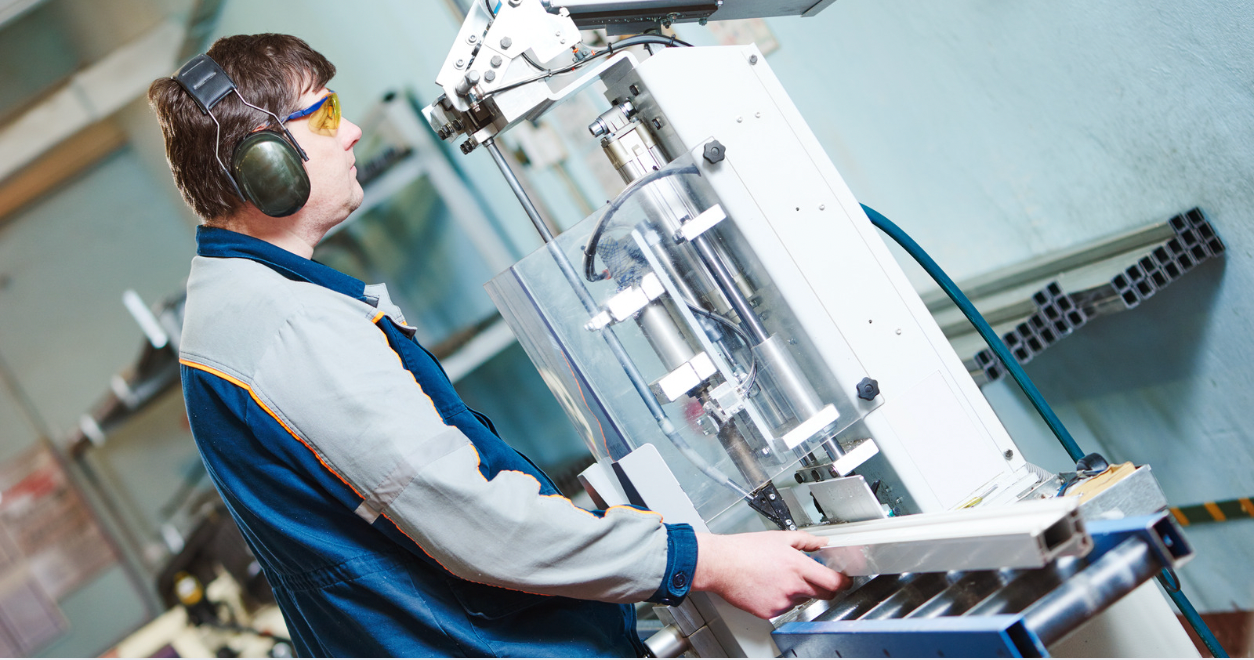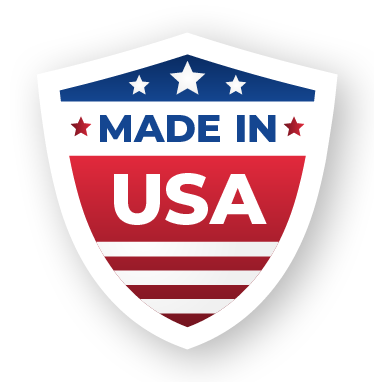"Green” Standards in Plastic Injection Molding
From biodegradable and recycled plastic resins to sustainable design and practices, "green" standards are improving plastic injection molding, offering a more environmentally friendly process from start to finish. Taking advantage of improvements at each stage and in every aspect of the manufacturing process adds up to a big improvement in setting a "green" standard.
Materials
Innovation is the name of the game with recycling techniques and new plastic resins and additives made from renewable raw materials. PHA and PLA, two of the most popular bio-based plastic formulations, are derived from such products as sugar cane, corn, and vegetable oil. Updates to fillers replace traditional metal, glass, or ceramic reinforcements with renewable materials such as ground coconut shells and rice hulls. Ongoing research offers an expanded range of new materials on a regular basis, too. While bio-based plastics can perform as well as or better than their traditional, petroleum-based counterparts, there are certainly situations where those traditional formulations are a better fit. In these cases, we design carefully to maximize the use of easily recycled plastics and take product lifespan into account.
Manufacturing Techniques
Injection molding is a naturally low-waste process, since only the amount of plastic needed for a part is forced into a mold. With a thoughtful approach to product design, and production processes, we can limit waste by recycling wherever possible, planning production runs to maximize efficiency, and conserving energy.
Facility Design
Sustainability and environmental considerations should not be limited to our manufacturing processes, so we work to make our facility as eco-friendly as possible, too. This includes using LED lighting, and using recycled rainwater for cooling purposes in our equipment wherever possible.
Best Practices
Working as a team, from design through fulfillment, strong communication and coordinated efforts allows combined input to streamline production, resulting in fewer resources being used throughout the manufacturing process.
At Bennett Plastics, we are committed to sustainability and strive to offer eco-friendly materials and practices. Contact us today to plan your injection molding project and take advantage of our decades of expertise and plastics experience.
Recent Articles











